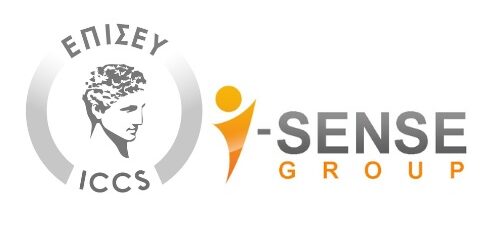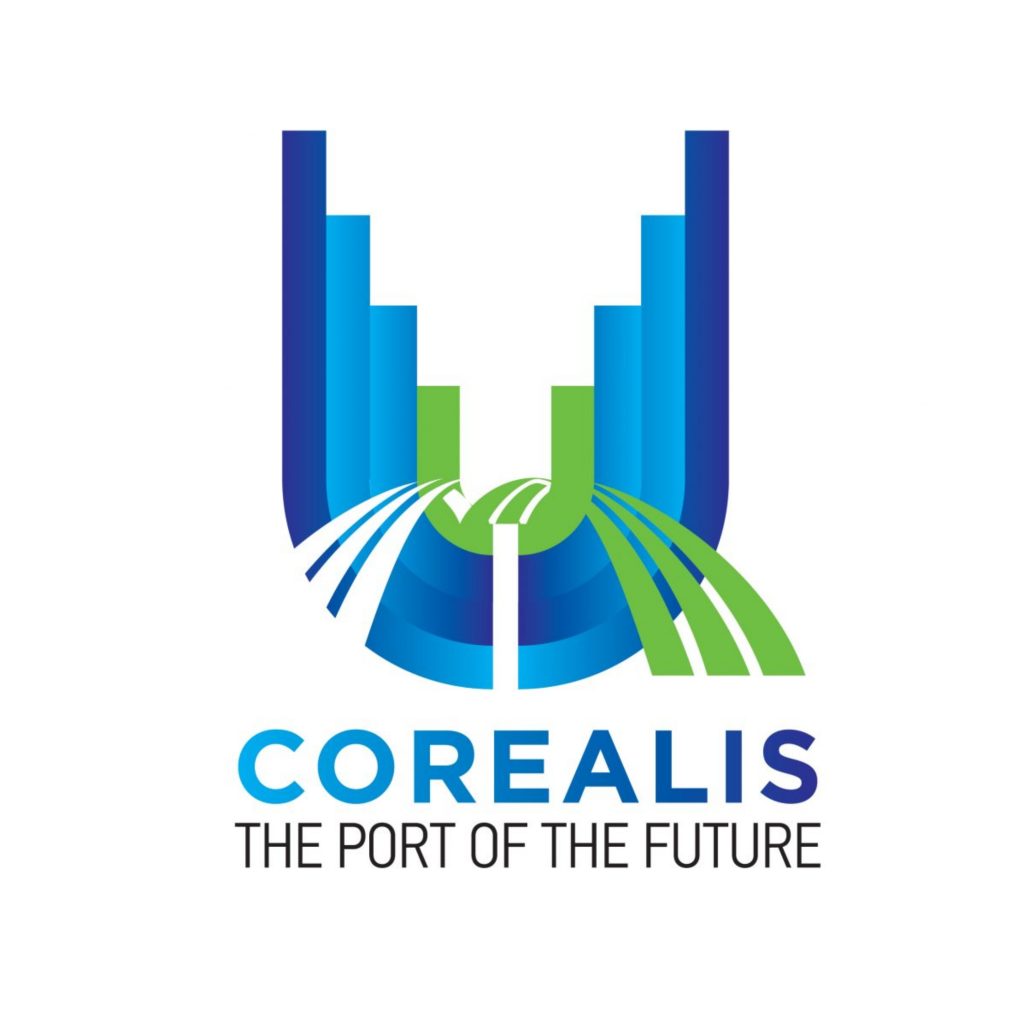Capacity with a positive environmental and societal footprint: ports in the future era
COREALIS is an H2020 European project representing a strong consortium of research institutes, port operators, port authorities and leading transport, logistics and information technology stakeholders in Europe and associated countries. With the participation of 17 partners from 9 countries, COREALIS aims to maximise the capacity and improve the operational efficiency of future ports as well as support them in medium-term and long-term decision-making.
The COREALIS consortium has the following principal objectives:
- § Embrace circular economy models in the port strategy and operations.
- § Reduce the port’s total environmental footprint associated with intermodal connections and the surrounding urban environment for three major transport modes, road/truck, rail and inland waterways.
- § Improve operational efficiency, optimise yard capacity and streamline cargo flows without additional infrastructural investments.
- § Enable the port to take informed medium-term and long-term strategic decisions and become an innovation hub of the local urban space.
In order to achieve these goals, COREALIS proposes a sustainable, strategic framework including a set of innovative technological components for optimising intra-terminal operations, creating efficient connections with the hinterland transport network as well as enhancing decision-making. These innovations are supported by disruptive technologies, including Internet of Things (IoT), data analytics, next generation traffic management and emerging 5G networks.
The innovations will be implemented and tested in real operating conditions in 5 Living Lab environments, associated with the 5 European ports, Valencia, Piraeus, Antwerp, Livorno and Haminakotka Living Labs. A stakeholder driven approach will be followed, considering the ports’ and port-cities’ main challenges. The proposed methodology will be implemented in three distinctive yet complementary phases including i) a Scenarios and Requirements Phase, ii) a Technical Design and Development Phase, and iii) a LL full-scale implementation and Impact Assessment Phase.
The proposed framework is expected to improve significantly the terminal operations efficiency and decrease operational costs. In addition, it aims to minimise the environmental footprint by reducing congestion around the ports and CO2 emissions of ports to the city. Finally, the proposed framework fosters sustainable growth for ports by decreasing the disturbance to local communities while at the same time establishing efficient connections with the hinterland transport network and green-transport modes.
ICCS is the COREALIS project coordinator, responsible for all operational and administrative coordination tasks and the project quality manager, responsible for crafting and maintaining a Project Quality Manual.. ICCS is also leading the implementation of the five COREALIS Living Labs and coordination of their execution, whilst also contributing to the following activities: lead T1.3 on the COREALIS User Stories and Scenarios which will be implemented in the Living Labs, lead T5.1 towards the COREALIS Living Labs Plan and Coordination and also lead T.6.1 aiming to define the evaluation methodology as well as collect, consolidate and document the metrics and Key Performance Indicators to evaluate the proposed innovations. In addition, ICCS will lead activities regarding the COREALIS Societal Impact Assessment within the port-city context (T6.4), T9.1 on the Administration and Financial Coordination and T9.3 on the Quality and Risk Management. ICCS shall also contribute to the Technical Management activities of T9.2


